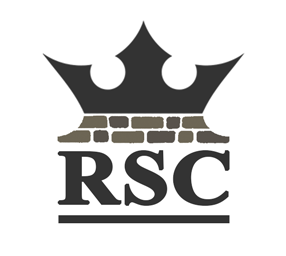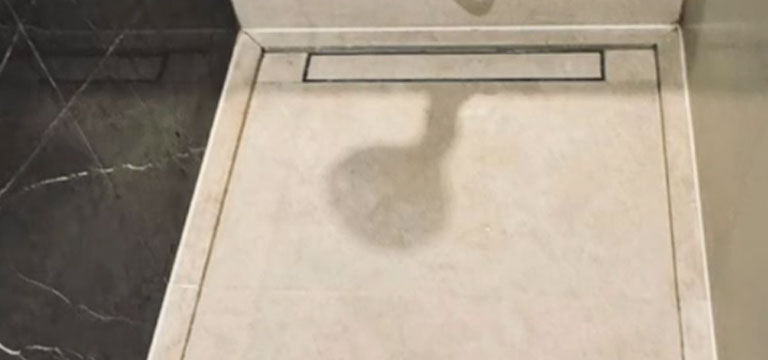Thames Water says that more than 60% of us in the UK live in areas where the water is hard. And that includes London and Kent (among other areas), due to their limestone and chalk geology. Essentially, hard water means high levels of magnesium and calcium compounds, which cause limescale.
Granite is comparatively impervious, and minimally absorbent. But liquid can still soak into its pores if the stone is unsealed.
So while it may sound unlikely, hard water can cause staining, And this can seriously dull the overall appearance of your natural stone. When the minerals in it combine with soap, you get a chemical reaction which leaves a soapy, filmy scum in its wake. With time, these deposits from standing water can form a scaly build-up which can spoil your beautiful worktops’ appearance.
And this can be dispiriting if this discolouring remains, especially if you have spent a lot time on granite cleaning.
However, there are a number of simple things you can do to deal with this problem. Here are some of them:
Steer clear of vinegar
While this mat seem like an obvious choice for granite cleaning, vinegar contains acids. These can erode the sealant protecting the surfaces of your natural stone.
Clean your stone regularly
This really is the best thing you can do to prevent water marks. Clean your surface with a soapy sponge, but make sure you rinse thoroughly afterwards to remove any lingering soap scum traces. Equally, be sure to dry the surface with a microfibre cloth. This will mop up all the water. And it also means you won’t scratch the sealant.
For regular cleaning, you can use washing-up liquid and water or a natural stone cleanser. Also use a brush with soft bristles, or a sponge. (A natural-stone cleaning product also helps preserve the sealant and so reduces the chances of damage to your granite.)
As well as cleaning, remember also to seal your granite regularly.
Tackle immediately
Even small volumes of standing water can leave behind hard-to-remove mineral deposits which build up. So wipe up water from granite countertops straight away.
Try a poultice or paste
If you have a scaly build-up of hard water, reach for something stronger. Clearly, you’ll want to give abrasive products a swerve. But you could consider using a paste of water and baking soda. Just apply it to the area affected and rub with soft-bristled brush before rinsing and drying off with a microfibre cloth.
For a poultice, make the same paste of water and baking soda, apply and cover with a plastic wrap and leave for 24 hours. Reapply if you need to.
The last resort: a razor blade
It really is the last resort, this option. But if you’re feeling brave, use a single-edged razor to scrape away carefully at the mineral build-ups on the granite surface. This idea certainly wouldn’t be for everyone, but you can get rid of scaly deposits without damaging your stone. So it could just do the trick.
Talk to us
If you’re in the London area, we specialise in granite cleaning, granite chip repair in London and everything else related to the care of this beautiful natural stone. Contact us to learn more, and for an informal, free and no-obligation quote, whether you’re a private or business customer.

